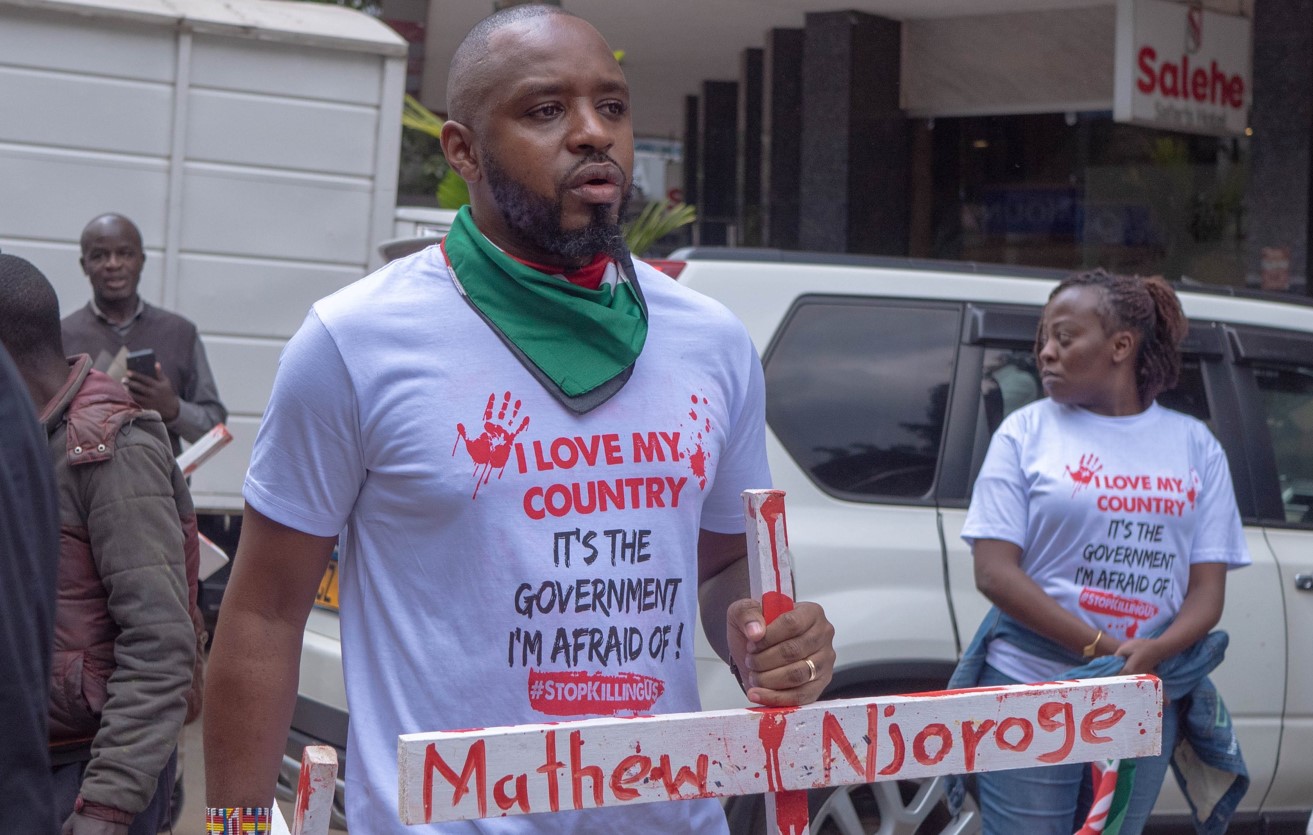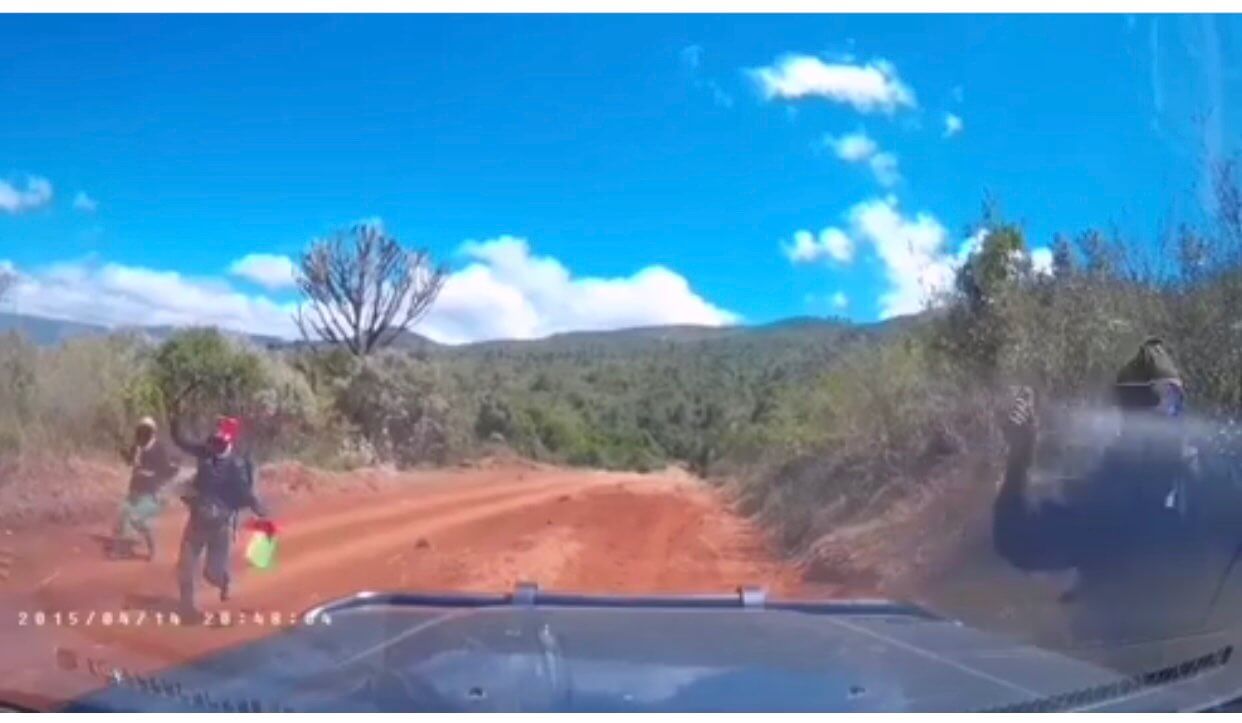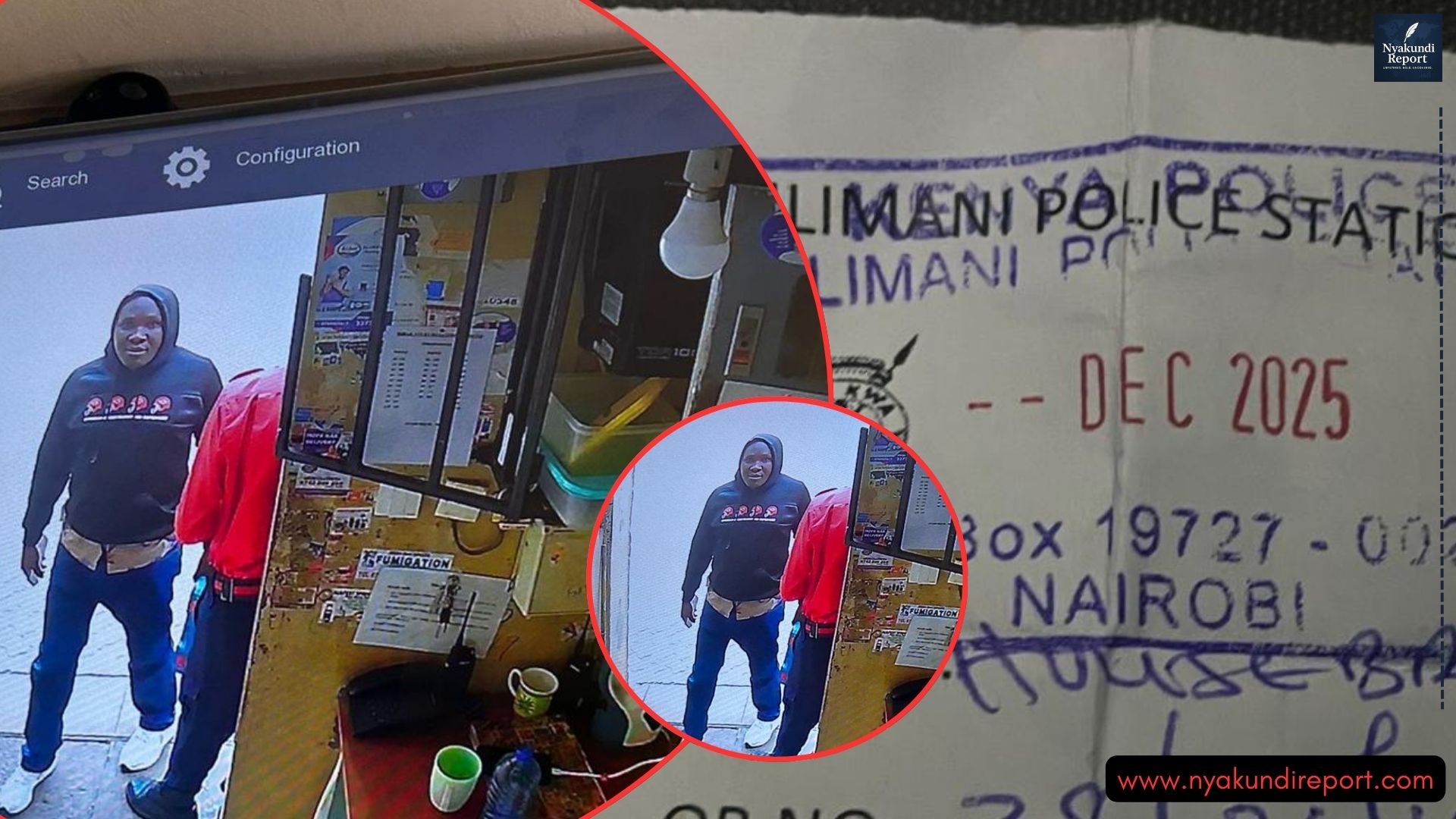Kenyan activist Boniface Mwangi has vanished in Tanzania, and the silence from President Samia Suluhu’s government is deafening. Despite repeated efforts by Kenya to reach him, Tanzanian officials have refused to reveal his location or offer consular access.
Mwangi was arrested in Dar es Salaam under mysterious circumstances, and his whereabouts remain unknown. The Kenyan government is now citing international law, demanding answers.
But Suluhu’s administration remains unmoved, raising fears of political targeting and possible human rights violations. The standoff is testing diplomatic ties and stirring public outrage. Where is Boniface Mwangi — and why is Tanzania hiding him?

Tanzania Holds Boniface Mwangi Without Consular Access
Boniface Mwangi, a fearless voice in Kenya’s civil society, was arrested in Dar es Salaam on Monday morning. He was accused of obstruction and irregular entry. But since his arrest, the Tanzanian government has gone completely silent. Kenya’s Ministry of Foreign Affairs has made multiple attempts to locate him or speak to him. All efforts have been blocked.
The Kenyan government has now officially raised the alarm. In a formal letter to the Tanzanian government, Kenya expressed “deep concern” about the situation. The letter confirmed that all communication attempts had failed and that Kenya was “concerned for his health and overall wellbeing.”
What’s more worrying is Tanzania’s blatant violation of international law. The Vienna Convention on Consular Relations (1963), which both Kenya and Tanzania are party to, guarantees consular officers the right to contact and visit detained nationals. Tanzania is ignoring this obligation.
Kenya’s letter urged President Suluhu’s government to either give consular access or release Boniface Mwangi immediately. But so far, there has been no response. The silence has sparked speculation that this may be more than just a legal issue — it could be politically motivated.
Late Night Arrest Raises Questions
According to a video Mwangi posted just before his arrest, unidentified armed men showed up at his hotel room in the middle of the night. They claimed to be police officers but refused to show identification. Mwangi refused to go with them until his lawyers arrived. By the next morning, news broke that he had been arrested.
This late-night raid is disturbing. It violates not just legal procedure but common decency. If Mwangi had broken Tanzanian law, why was he not formally summoned or presented with a warrant? Why the secrecy and violence?
Observers suspect that Mwangi’s outspoken activism may have ruffled feathers beyond Kenya. He has never shied away from criticizing leaders across East Africa. Could this be an attempt to silence him under the guise of immigration violations?
Kenya-Tanzania Ties at a Tipping Point
This incident threatens to strain the already delicate relationship between Kenya and Tanzania. While both nations often speak of regional unity and cooperation, actions like these show otherwise. Kenya’s diplomatic tone has remained respectful, but its frustration is evident.
By denying consular access, Tanzania is not just disrespecting Kenya — it is undermining the principle of justice. Boniface Mwangi, a citizen with rights, has been held incommunicado. Kenya has the right to know what condition he is in and what charges, if any, he is facing.
Diplomatic observers warn that this could escalate if not handled carefully. Kenya may be forced to pursue international arbitration or appeal to regional bodies like the East African Community or the African Union. Meanwhile, the Kenyan public is growing restless. Has Tanzania gone too far?











































